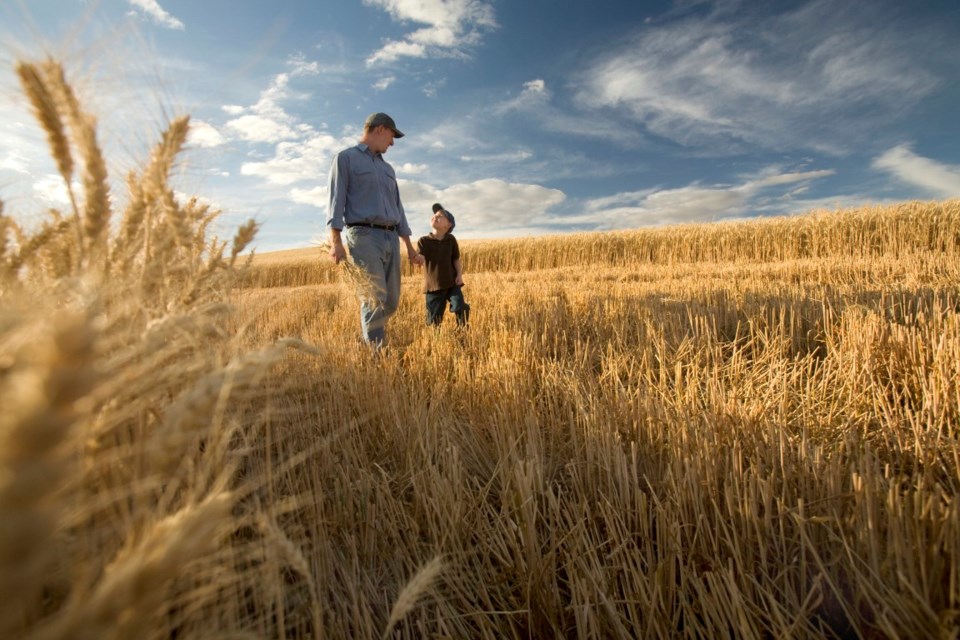PREECEVILLE - Crops are progressing nicely in the region with canola bolting and flowering, according to the crop report for the period of June 20 to 26, while spring wheat is starting to push heads out. Soil moisture has been largely adequate for the region since the beginning of the season. After a few weeks of hot, windy days and localized rains, producers are nervous crop quality will degrade. Crops on sandier hill tops where the soil cannot retain moisture as well are struggling the most.
Seventy-nine per cent of the fall cereals, 64 per cent of the spring cereals, 59 per cent of the oilseed crops and 77 per cent of the pulse crops are at their normal stages of development for this time of year. Crop conditions range from fair to excellent in the region with a small portion of crops rated as being in poor condition. Forty-eight per cent of the canola, 57 per of the spring wheat and 62 per cent of the lentils are currently rated as being in good condition.
There were several rainstorms across the eastern half of the region over the past week with many areas experiencing hail and flash flooding. The Wadena area reported 50 mm, the Langenburg area 31 mm, the Kelliher area 25 mm and the Humboldt area 20 mm. Most of Crop District 6A missed out on rain and producers in this crop district are worried their crops will not withstand the hot July days without a soaking rain.
Regionally, cropland topsoil moisture is rated as four per cent surplus, 60 per cent adequate, 35 per cent short and one per cent very short. Hay and pasture land topsoil moisture is rated as four per cent surplus, 46 per cent adequate, 42 per cent short and nine per cent very short.
Haying is underway in the region with 13 per cent of the hay crop cut and waiting to be baled, seven per cent is currently baled or silage, while 80 per cent is still waiting to be cut. Hay quality is rated as 21 per cent excellent, 54 per cent good, 17 per cent fair and eight per cent poor.
The majority of crop damage this week was from flooding, hail, grasshoppers and gophers. Grasshoppers are very severe in the western half of the region and some producers have elected to continue spraying to control them rather than switch to fungicide applications to control disease.




